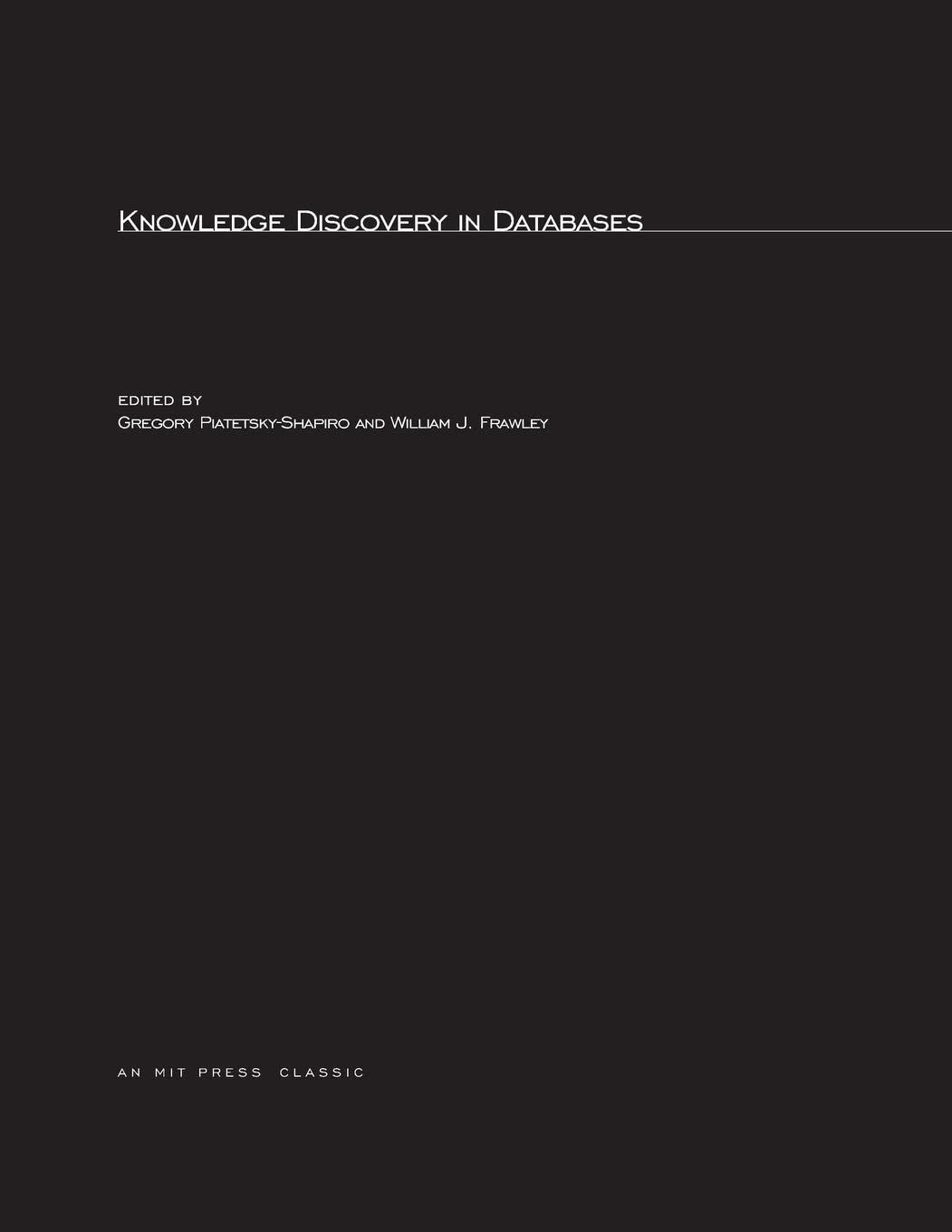Question
2. Prove or disprove each of the following propositions: (a) for all integers a, b, c, if a | b, then a | bc. (b)
2. Prove or disprove each of the following propositions:
(a) for all integers a, b, c, if a | b, then a | bc.
(b) for all integers a, b, c, if a | (b + c), then a | b or a | c.
(c) for all integers a and n, if a | n 2 and a n, then a | n.
(d) The sum of any three consecutive integers is divisible by 3
The procedure of proof should follow the following format. The answer should like that.
Example
Proposition:for all integers a and b, if ab and bc, then ac.
Proof.
(1)Let a and b be arbitrary integers.
(2)Suppose that ab and bc
(3)By (2) and the definition of divides, there is an integer k1 such that b = k1a, and there is an integer k2 such that c = k2b.
(4)From (3), we know c = k2b and b = k1a, so we can write c = k2(k1a).
(5)From arithmetic, we know k2(k1a) = (k2k1)a, so from (4), we know c = (k2k1)a.
(6)From (3), we know k1 and k2 are both integers, so k2k1 is an integer.
(7)From (5) and (6), we know that c = k3a, where k3=k2k1 is an integer. By the definition of divides, it follows that ac.
Step by Step Solution
There are 3 Steps involved in it
Step: 1

Get Instant Access to Expert-Tailored Solutions
See step-by-step solutions with expert insights and AI powered tools for academic success
Step: 2

Step: 3

Ace Your Homework with AI
Get the answers you need in no time with our AI-driven, step-by-step assistance
Get Started


